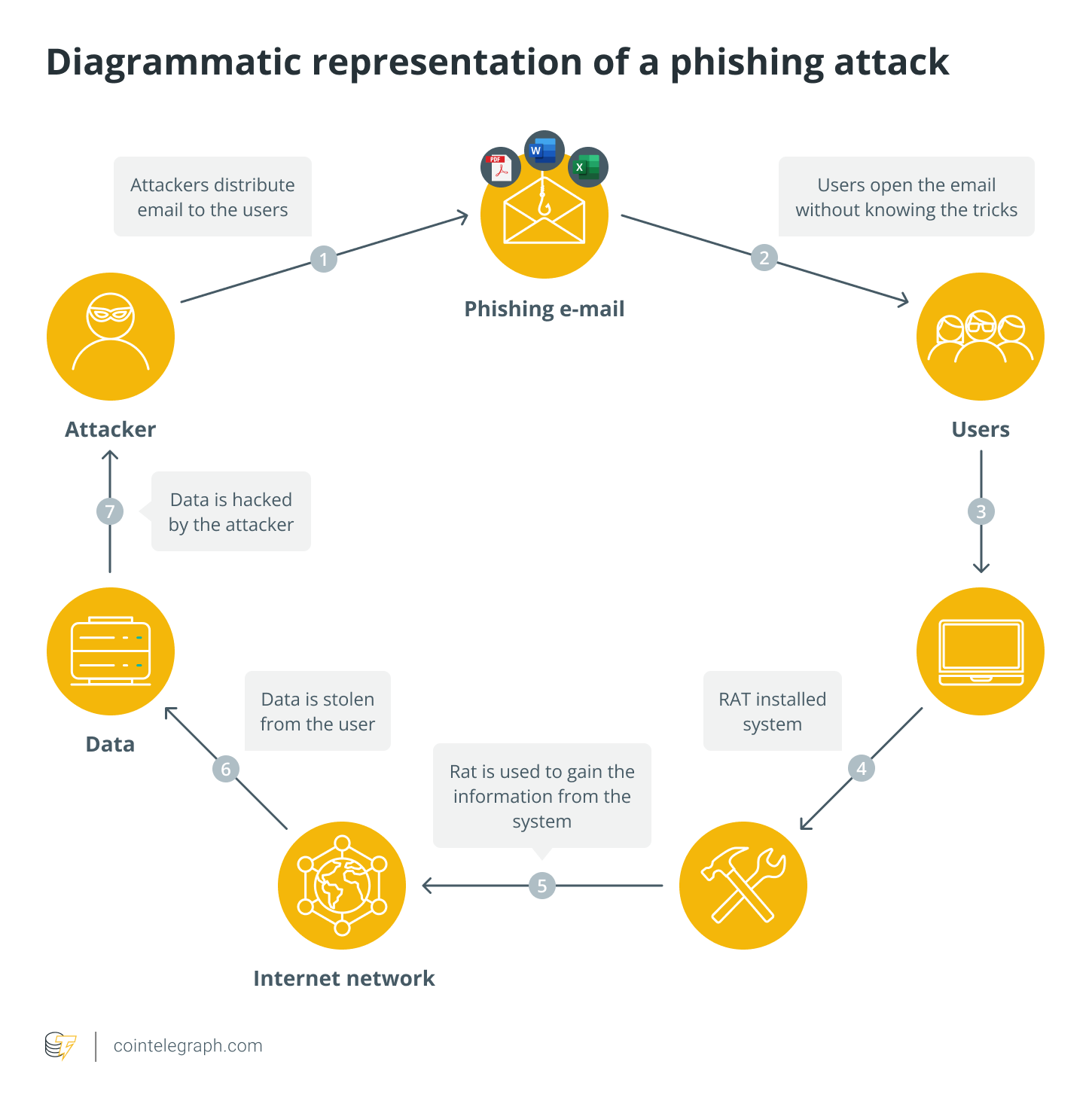
How to protect your identity online

Strategies like using strong passwords, enabling 2FA, avoiding phishing, using VPNs, keeping software up-to-date and using reputable antivirus may help one against online fraud.
In today’s digital age, protecting one’s identity online is more crucial than ever. The internet has facilitated communication and information sharing between people, but it has also facilitated identity theft and the theft of personal data by hackers. This article will go through some practical strategies for protecting your online identity.
Use strong passwords
The first step in securing one’s online identity is to use strong, one-of-a-kind passwords. A strong password should be at least eight characters long and include a variety of symbols, numbers, upper- and lower-case letters, and other characters.
#WorldPasswordDay reminder: Protect your accounts, and the sensitive information they contain, by using strong and unique passwords for each account.
The easiest way to do that is by getting a password manager. Read more about them here: https://t.co/JohXFCLLNl pic.twitter.com/PnlMf6Cr7v
— Brave Software (@brave) May 4, 2023
Don’t use terms and phrases that are widely used and simple to guess, such as “password” or “123456.” Likewise, refrain from using the same password across other accounts. All of your other accounts could be compromised if hackers get access to your common password.
Enable two-factor authentication
By requiring a special code in addition to a password, two-factor authentication (2FA) gives an account an additional layer of security. This code is produced by an application, distributed over SMS or email, and is only functional for a brief time. Without the special code, a hacker won’t be able to access the account, even if they know the user’s password. Any account that holds sensitive data should employ 2FA, and there are several types of 2FA available, including hardware-based, app-based and SMS-based.
Related: How to mitigate the security risks associated with crypto payments
SMS-based 2FA sends a unique code to a user’s mobile device via text message. App-based 2FA requires the user to download an app that generates a unique code. Hardware-based 2FA uses a physical device, such as a USB key or smart card, to generate the unique code.
Avoid phishing scams
Cybercriminals frequently use phishing scams to acquire personal information and endanger users’ online identities. Users should be cautious of suspicious emails, confirm the sender’s identity, avoid clicking on links or downloading attachments, use anti-phishing software, and turn on multi-factor authentication to secure their online identities.

By implementing these safety measures and being wary of any unexpected emails that request personal information or contain strange attachments or links, users may stay safe online.
Use a virtual private network (VPN)
Using a virtual private network is an effective way to protect online identity. A VPN makes it more difficult for anyone to intercept or see a user’s online activities by encrypting their internet traffic and routing it through a distant server. When accessing public WiFi networks, which are susceptible to hacking and eavesdropping, a VPN is extremely crucial.
With a VPN, users can ensure that their online activity remains private and secure. Users should pick a trusted provider with a strict privacy policy and consistent performance among the various VPN services that are readily available.
Keep your software up-to-date
Outdated software may have security flaws that hackers can use to access a user’s device or personal data without authorization. Security patches that fix known vulnerabilities and enhance overall security are frequently included in software upgrades.
Therefore, users should frequently check for and apply software updates for their operating systems, online browsers and mobile apps on all of their devices. Additionally, it’s critical to avoid running outdated or unsupported software, which may not be receiving security updates, and to only obtain software from reliable sources.
Related: 17 biggest crypto heists of all time
Use a reputable antivirus program
Using a reliable antivirus program is a crucial first step in online identity protection. Malware, spyware and other forms of dangerous software that can jeopardize a user’s online security can be found and eliminated by antivirus software. Additionally, it can offer real-time protection against new and developing risks and aid in the defense against phishing schemes and other types of cyberattacks.
The antivirus software should be chosen by users from a reliable vendor, and users should keep it updated with the newest virus definitions and security fixes. Additionally, it’s critical to routinely check devices for malware and unusual activity and to eliminate any risks that are found.
Go to Source
Author: Alice Ivey







